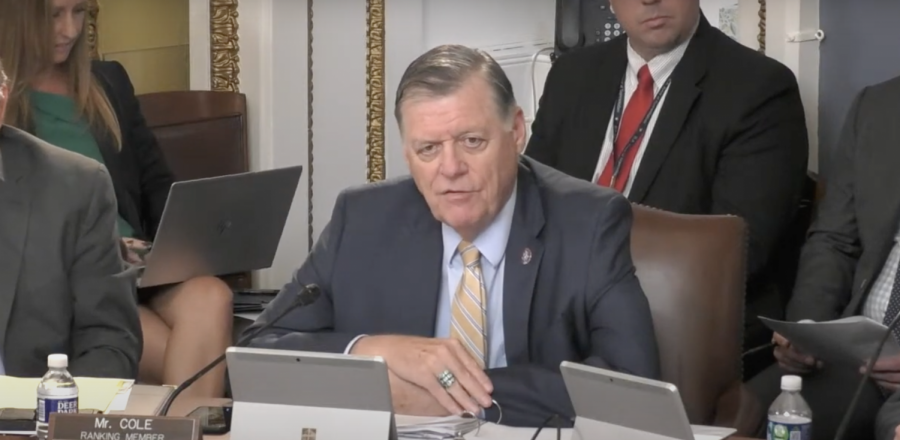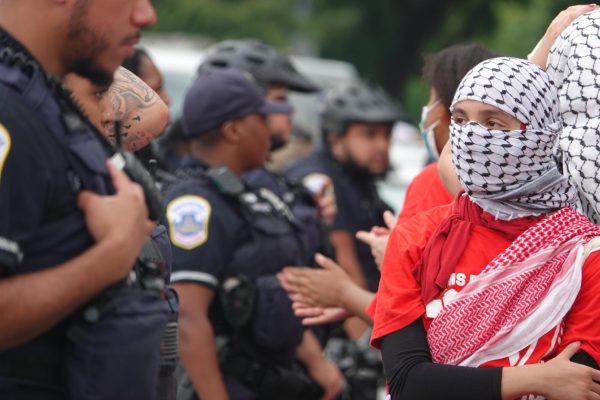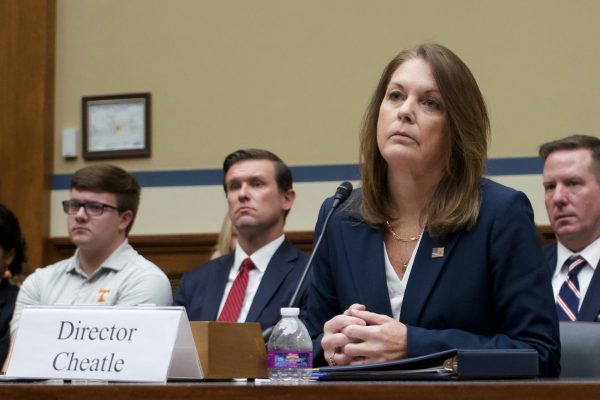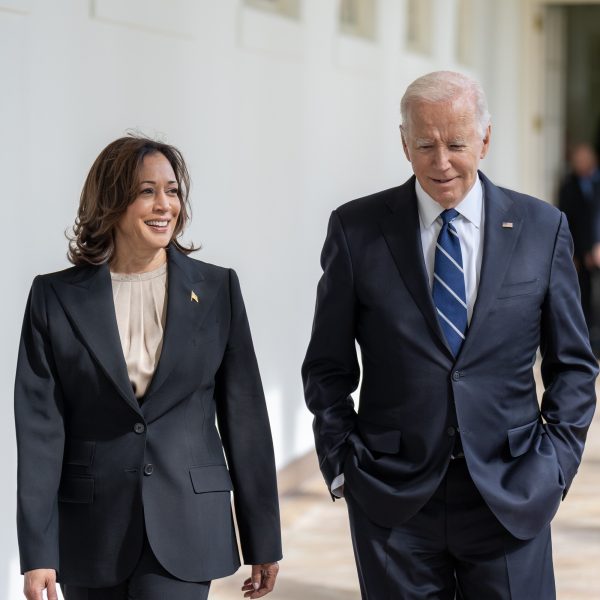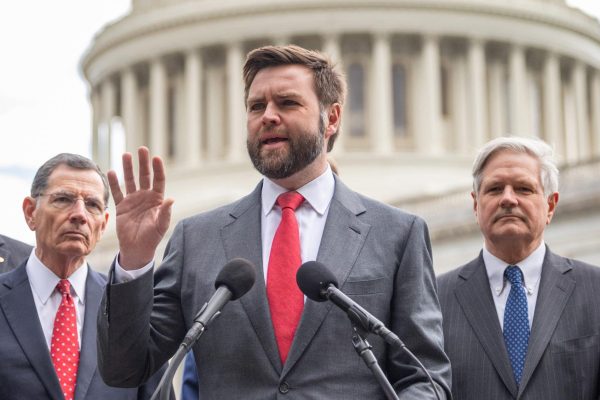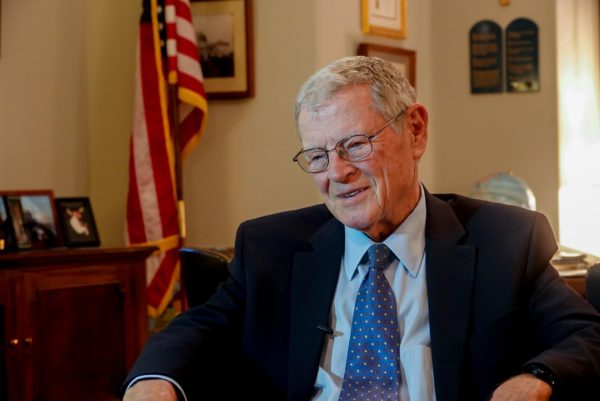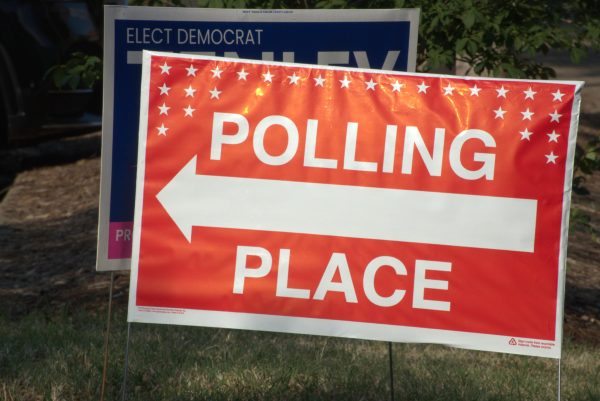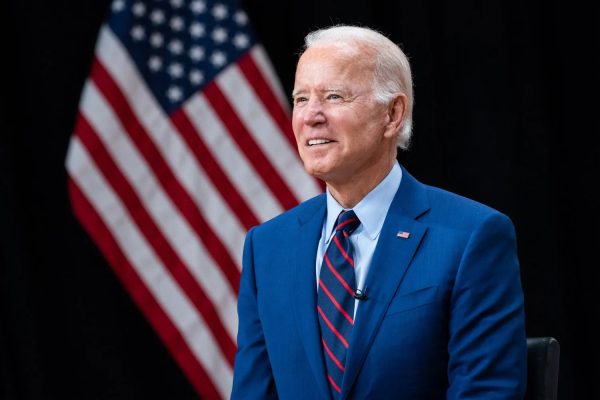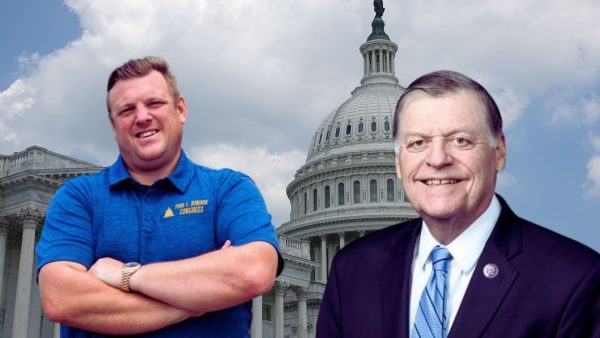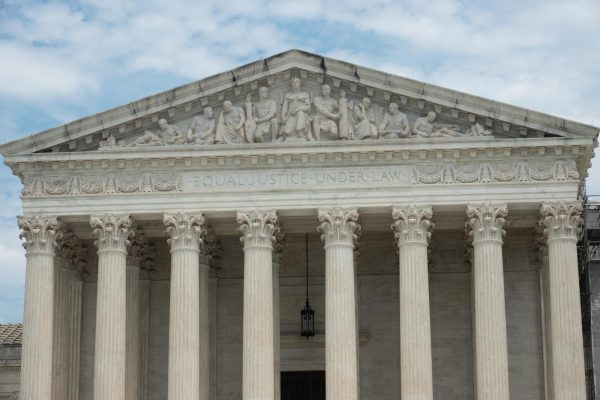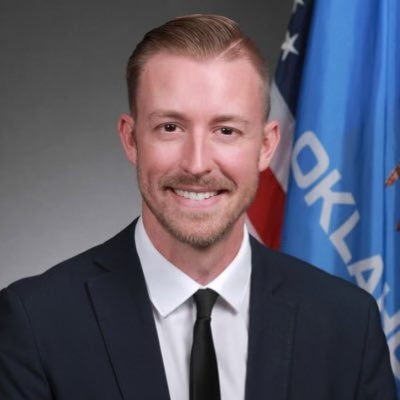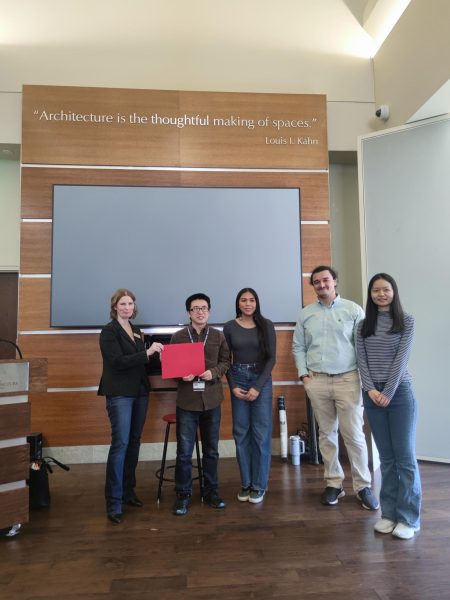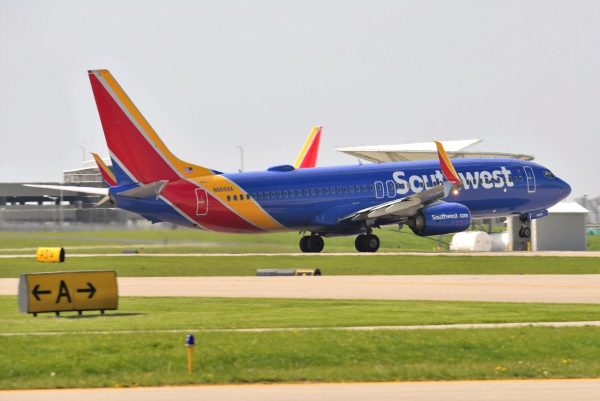Cole’s McGirt Amendment Heads to House Floor
Rep. Tom Cole (R-Okla) speaks at a House Rules Committee hearing Monday. (Courtesy: House Rules Committee)
An amendment to a major appropriations bill seeking $154 million for tribal justice needs is heading to the House floor for a vote.
The amendment, proposed by Rep. Tom Cole (R-Okla), seeks to increase funding to the Bureau of Indian Affairs to help tribes handle the influx of cases that resulted from the McGirt v. Oklahoma decision.
The Supreme Court ruled last year that the Muscogee (Creek) Nation reservation had never been disestablished by Congress and that major crimes should be prosecuted by federal rather than state courts.
While Cole said he is thankful his amendment stayed alive, he conceded that it will face a tough road on the Democrat-led House floor.
“We may or may not prevail, but it’s really important that the discussion continues,” Cole said Monday during a House Rules Committee hearing.
Cole, who is a member of the Chickasaw Nation, wants to increase funding for the Bureau of Indian Affairs at the expense of funding environmental programs. He said that while he would take any offset the Democrats offered, environmental programs are the easiest to pull from since the Democrats put more money in these programs than President Biden suggested.
Cutting funding from environmental programs, which Democrats heavily support, might seal the fate for Cole’s amendment.
“If you had a better offset, I would probably support it,” said House Rules Committee Chair James McGovern (D-Mass) during Monday’s hearing.
The McGirt decision, although welcomed by the tribes, created an unanticipated expense. As a result, tribes have been looking to the federal government for more money to improve tribal judicial infrastructure.
“The tribes are spending tens of millions of dollars that none of them budgeted for, and this is not their obligation,” said Cole. “This is a federal government trust responsibility on Indian land.”
David Hill, principal chief of the Muscogee Nation, in testimony last month before the House Natural Resources Committee, said the Muscogee Nation had taken steps to respond to the jurisdictional changes wrought by McGirt and urged the federal government to do its part.
“However, there remains a critical role for the federal government in building capacity to manage the long-term post-McGirt workload,” said Hill. “The McGirt decision does not change the trust obligation or create any new federal responsibilities, it magnifies the systemic lack of investment.”
The McGirt decision has drawn attention to Native American treaties that were never disestablished by Congress. The Treaty of 1866 ended slavery in the Cherokee Nation and granted freed slaves the rights of native Cherokees.
Chuck Hoskin, principal chief of the Cherokee Nation, was expected Tuesday to offer testimony in the House Financial Services Committee regarding the Cherokee Freedmen and the issues that Freedmen have faced in Native American communities.
“We are on a path of reconciliation, but we need to do more than acknowledge the legal principle of equality- we must seek to embrace the spirit of equality each day,” Hoskin said in his prepared testimony. “Because no nation can truly prosper when any of its citizens are victims of discrimination.”
Marilyn Vann, president of the Descendants of Freedmen of the Five Tribes Association, is expected to discuss the tribe’s obligation to hold up its end of the treaties they made with the Freedmen.
“However, just as the U.S. Supreme Court determined the U.S. government did not have a unilateral right to break Article 3 of its 1866 treaty agreement with the Muscogee (Creek) Nation, the tribes do not have a unilateral right to remove treaty rights from the Freedmen,” said Vann.
Gaylord News is a reporting project of the University of Oklahoma Gaylord College of Journalism and Mass Communication.

[email protected]
https://twitter.com/DeggsTV
https://www.linkedin.com/in/kaitlyn-deggs-198a19182/

